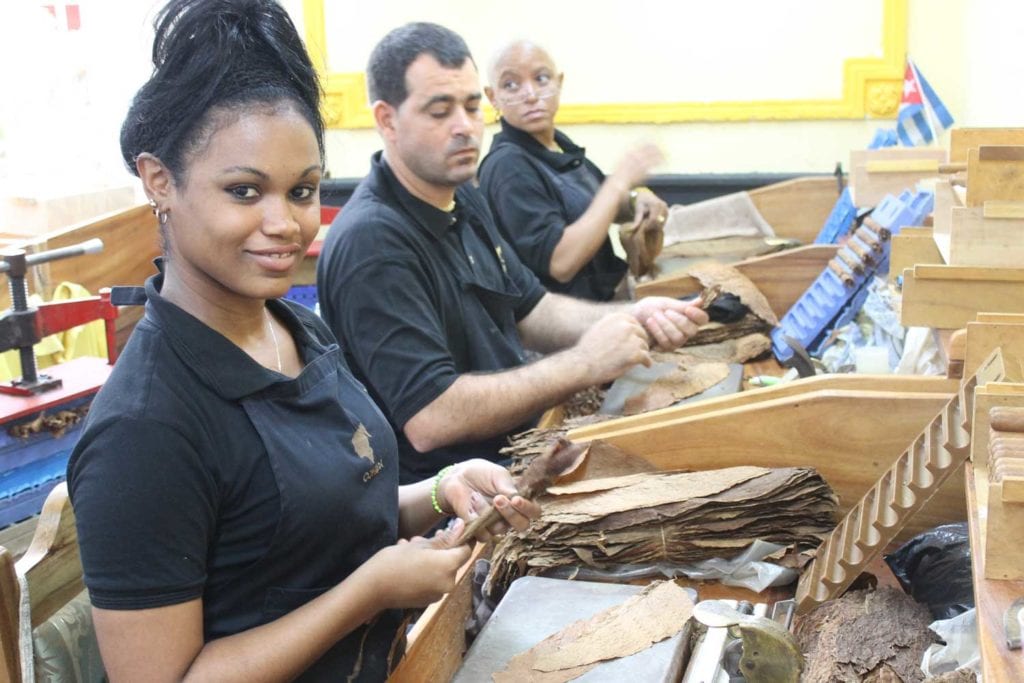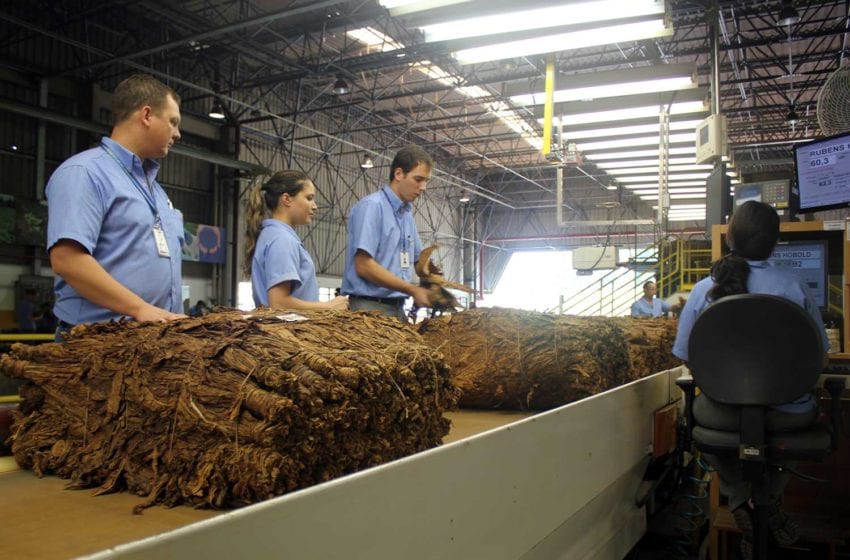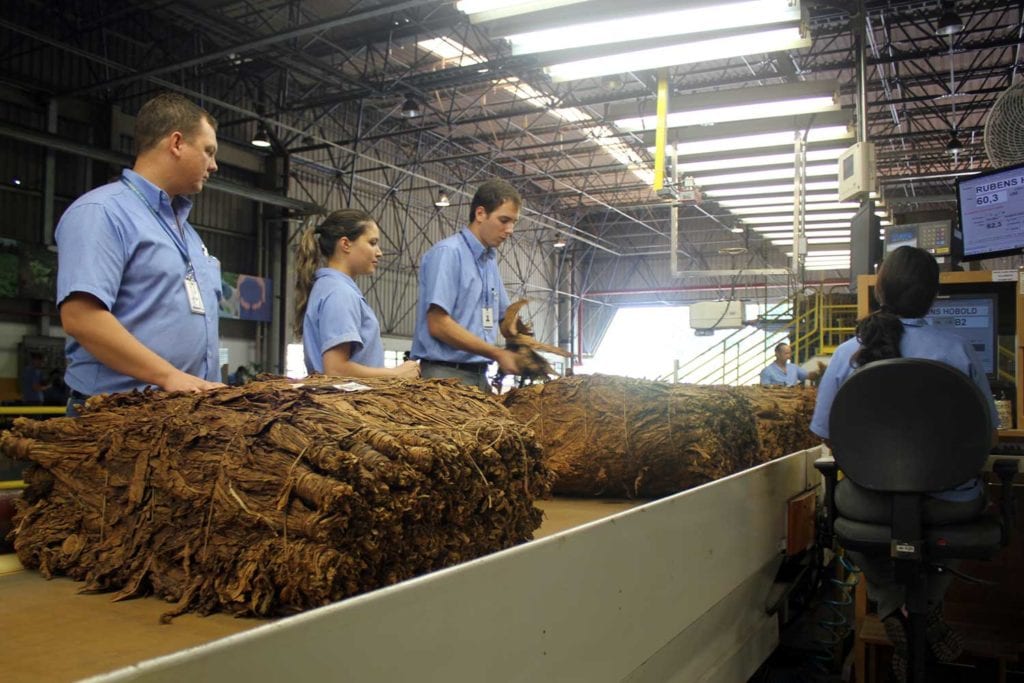
The U.K. Vaping Industry Association (UKVIA) has welcomed the Adam Smith Institute’s report published today. “The Golden Opportunity—How Global Britain can lead on tobacco harm reduction and save millions of lives” warns that the U.K. is on course to miss its “smoke-free by 2030” target unless regulations around alternative products are relaxed.
The UKVIA has consistently called for the U.K. to make the most of the opportunities presented by leaving the European Union, which are now available to the vaping sector. This includes removing unnecessary regulations, which the association believes are often a barrier to harm reduction and tackling misinformation about e-cigarettes. The UKVIA included these matters in its recent submission to the government’s consultation on the Tobacco and Related Products Regulations (TRPR) published in March.
The U.K. has taken a world-leading role in harm reduction in this area, and it should continue to do so, according to the UKVIA. To achieve smoke-free status, however, more work still needs to be done. The report points out that despite huge take up in smoking cessation products in recent years, there are still 7 million smokers in the U.K., which equates to 14.1 percent of adults. There is a concern within the sector that current low rates for smoking could be reversed by an increase in social smoking because of recent Covid-19 lockdowns.
The Adam Smith Institute report, written by its head of programs, Daniel Pryor, also calls for “ineffectual warnings” on some vaping products to be replaced and argues that the U.K. should “robustly defend its approach to tobacco harm reduction” at the global Framework Convention on Tobacco Control’s COP9 and related World Health Organization meetings later this year.

This report is welcome as it shows the opportunities which are now available for the U.K. vaping sector in terms of increasing smoking cessation and promoting harm reduction.
John Dunne, director, gereral, UKVIA
Following the recent announcement of a trial of e-cigarette products taking place in five hospital A&E departments later this year, the sector anticipates an additional boost to the numbers of people switching to e-cigarettes and awaits the results of the trial with interest.
“This report is welcome as it shows the opportunities which are now available for the U.K. vaping sector in terms of increasing smoking cessation and promoting harm reduction, which is why the UKVIA called for vape retail outlets to be classified as ‘essential retail’ throughout the recent lockdowns,” said UKVIA Director General John Dunne.
“The Adam Smith Institute’s report builds on our own proposals, which we submitted to the government’s TRPR consultation. We support the report’s proposals on opposing ‘counterproductive regulations,’ which can harm efforts to get smokers to switch to safer alternatives.”
“The UKVIA is already working with international partners ahead of the crucial COP9 summit later this year. We will continue to represent the sector as a whole and highlight the consensus opinions of U.K. public health bodies on the safety and efficacy of e-cigarettes to policymakers. We will continue to encourage the government to allow ‘Global Britain’ to use its newly independent position to encourage the World Health Organization to adopt a more reasonable approach with regards to reduced-risk products.”























